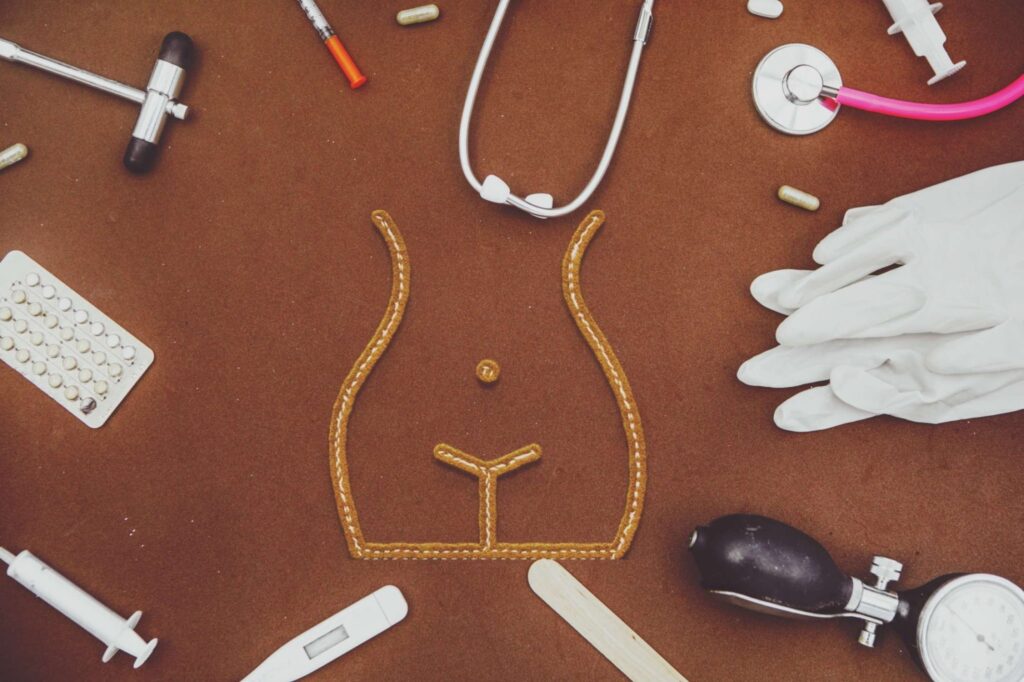In our recent survey about Contraceptives, around 38% of them were concerned about birth control affecting fertility and the possible side effects it will bring in. Are you one among them? If yes, keep reading this blog!
Get in the game safely.

“Why should one take birth control in the first place?” Most of them might’ve known the answer already. The reasons might vary based on an individual’s needs, like preventing unintended pregnancy and family planning. If you’re considering personal circumstances like age, career goals, health, financial stability, readiness for parenthood, there are a lot of contraceptive methods available in the market.
It includes,
- Hormonal pills, which includes birth control pills, hormonal injections, birth control patch, vaginal ring, birth control shot like Depo-Provera, birth control implant, hormonal IUDs
- Copper IUDs
- Permanent birth control methods like vasectomy, tubectomy
- Emergency contraceptive- Morning after pill
- Barrier methods- Condoms, cervical caps, birth control sponges, and diaphragm.
Also, keep track of your ovulation cycle, cervical mucous, and basal body temperature to take prompt action if you’re concerned about your fertility.
Though these types of birth control prevent pregnancy, it doesn’t save you in any way from STIs. If you’re concerned about STIs or have the probability of occurrence, always remember to use condoms for comprehensive protection.
What does birth control really do?

Hormonal contraceptives regulate the menstrual cycle, suppress ovulation, and convert the cervical mucous thicker, making the process of sperm reaching the egg more difficult. Depending on the type and dosage used, this method might have more side effects than the others. IUDs might change menstrual bleeding patterns, while the barrier methods like condoms work physically by creating an unfavorable environment for fertilization.
Let's clarify this- Does birth control really affect fertility?
The quick answer is NO. When used correctly, these birth control methods do not have any long-term effects on fertility. Once you stop using them, your body gets into the natural rhythm after some days.
When you use hormonal birth control, your cycle might take a while to get regularized, but it would certainly happen. At the same time, if you’re using IUDs, your fertility usually restores quickly without much delay. Whatever the method, it should resume your fertility sooner or later once you stop contraceptives.
Research conducted by the National Library of Medicine concludes that the usage of any contraceptives, regardless of its kind or duration, doesn’t negatively impact fertility. Despite all this, if you face any fertility issues, there might be a possibility of some other underlying causes that might’ve affected your fertility. Get yourself tested in that case.
How long should you wait?
You’ve stopped your birth control and are planning a pregnancy. Still, are you confused about how long it takes for a natural one? Remember that certain factors like the type of birth control used, its duration, the individual’s age, and underlying health conditions impact the period of reversing your fertility cycle.
Consult with your healthcare professional, as they might provide you with personalized guidance on which one might suit the best FOR YOU.
Birth control side effects that should know

Headache is reported to be one of the most common side effects of using any birth control method. Recent studies have also shown a minimal increase in breast cancer risk for those who use some sort of birth control compared to those who’ve never used it. Apart from that, you may also experience the following;
- Nausea
- Breast tenderness
- Cramps
- Irregular periods
- Feeling Moody
- Skin allergies and irritation
- Blood clots
- High blood pressure
These are some common and temporary side effects you may experience with contraceptives. But what if the benefits outweigh the side effects? Consider that.
Want to restart your birth control after pregnancy?
Are you a person who just had a baby and isn’t willing to get another one, even with an active sexual life? If yes, it’s totally alright to consider retaking birth control post your pregnancy. After giving birth, you might need to cautiously choose what suits you after taking into account certain factors and your current health needs.
Remember, not every option might suit your needs. So choose wisely!
Let's talk perks, people!!

Birth control might also regulate menstrual cycles from irregularities and reduces menstrual pain, heavy bleeding, etc., to a certain extent. But remember, sometimes these changes can be short-lived and might take a back seat when your previous conditions reappear after stopping the birth control.
Hormonal pills lower the risk of certain types of cancer, like colorectal, endometrial, and ovarian cancers. These drugs can sometimes prevent acne, bone thinning, and anemia.
With everything said, there are so many birth control options available. Find out what works best for you and your health while also considering its potential risks and that it’s also cost-effective.

